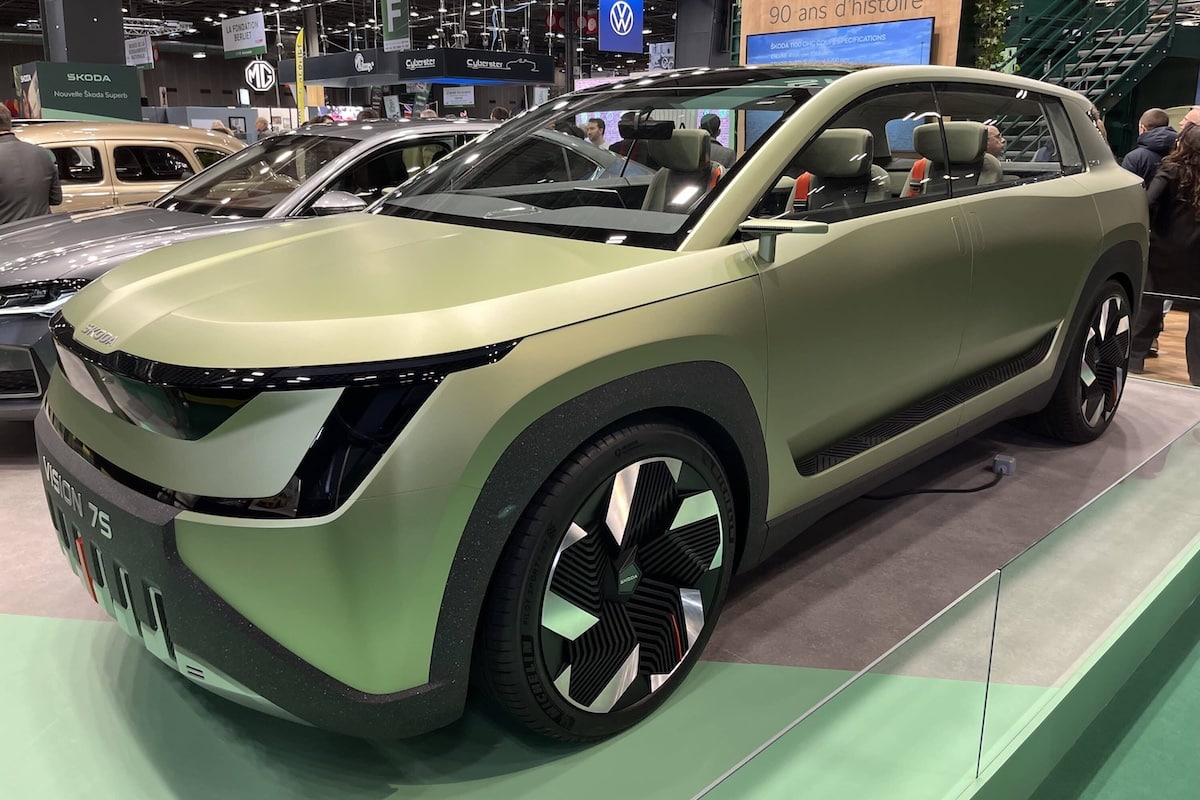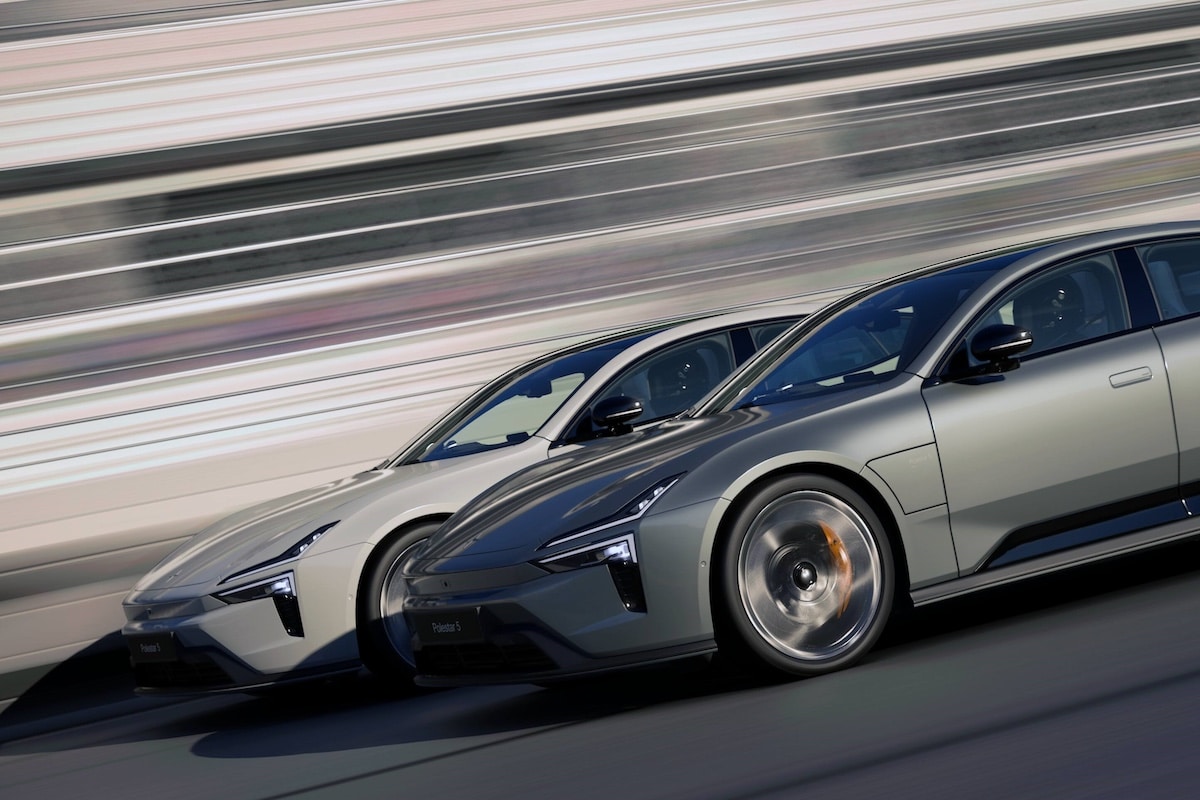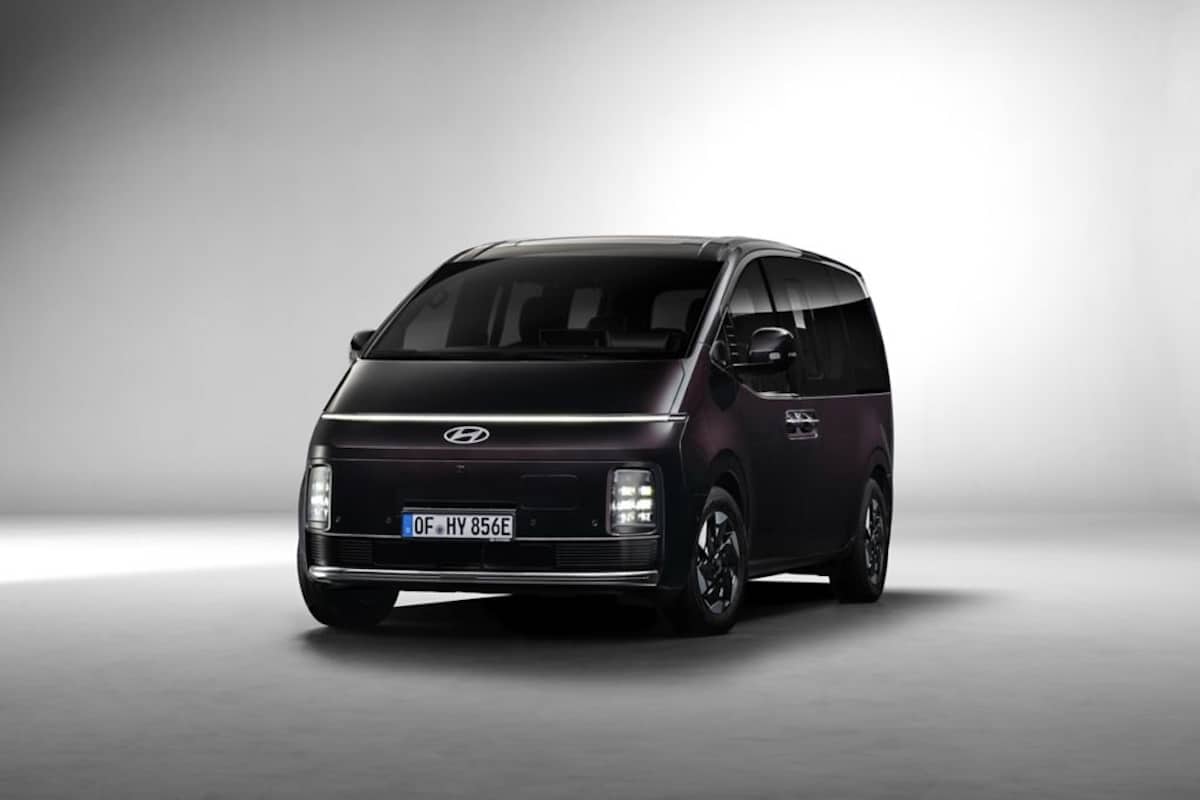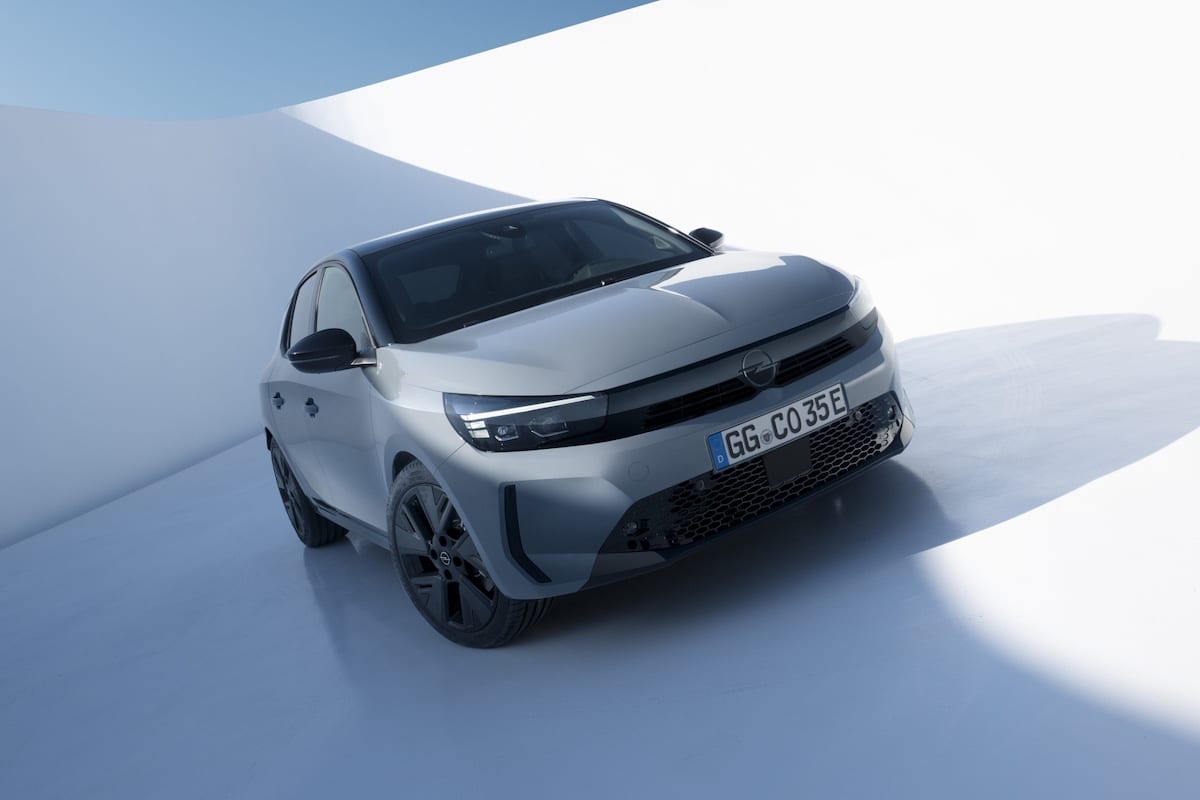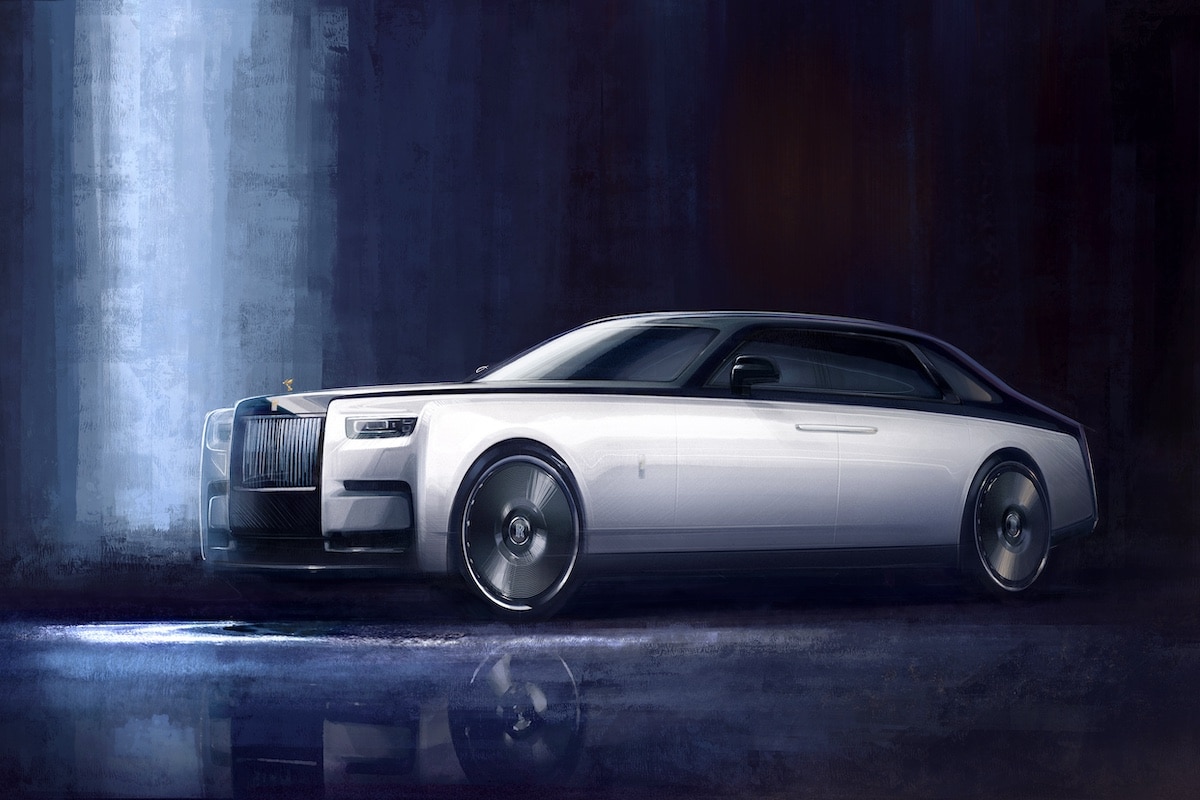With supporting figures, electric cars are more reliable than traditional engines
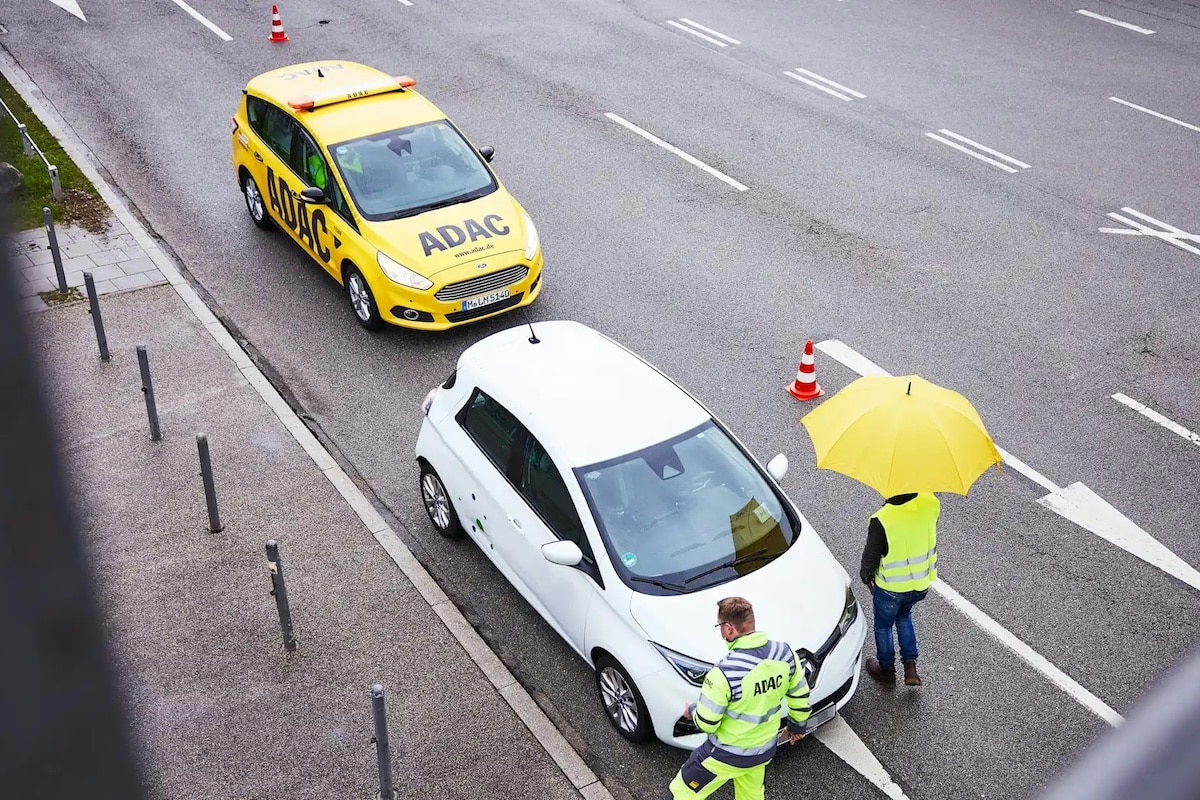
Reliability statistics of breakdowns published by the German organization ADAC 2025 highlight the dependability of electric cars.
Every year, ADAC’s breakdown statistics allow for analyzing the reliability of cars in Germany. The 2025 edition, based on over 3.6 million interventions carried out in 2024, reveals notable trends, especially concerning electric vehicles (EVs).
The figures show that electric cars outperform their combustion engine counterparts in terms of reliability. In 2024, breakdowns per 1,000 vehicles were 12.9 for gasoline or diesel models, compared to just 8.5 for EVs. This trend is even more pronounced for recent cars (two to four years old), with a rate of 3.8 breakdowns for EVs versus 9.4 for internal combustion engine vehicles.
The conclusion is clear: despite their technological complexity and the challenges posed by their energy management systems, electric cars experience fewer major mechanical failures. This is explained by the relative simplicity of their motors, which contain fewer moving parts than combustion engines. Not enough to end the debates, but solid arguments to dispel unfounded rumors.
Electric remains a car like any other
Ironically, the main cause of breakdowns in EVs remains the 12V battery, a traditional component used to power onboard electronic systems. These batteries, often perceived as outdated in technologically advanced vehicles, account for 50% of reported failures in EVs, compared to 45% for internal combustion engine cars.
This paradox highlights an unexpected weakness. 12V batteries do not always withstand the frequent demands associated with increased connectivity in EVs, such as intensive use of mobile applications to monitor or activate certain functions. However, this problem is not insurmountable. Many manufacturers, including Toyota, have already introduced more efficient batteries for some recent models.
The automotive industry will still need to improve these issues related to 12V batteries and enhance the reliability of EVs. In parallel, the decrease in failures related to electric motors shows that manufacturers have already learned from the first generations of vehicles.
Thus, while electric cars have demonstrated their superior reliability, their dependence on outdated technology underscores the need to rethink certain standards. The coming years will be decisive in transforming these “machines of the future” into models of technological perfection.
ALSO READ: What’s the problem with the reliability of the Tesla Model 3?
This page is translated from the original post "Chiffres à l’appui, les voitures électriques sont plus fiables que les thermiques" in French.
We also suggestthese articles:
Also read
